R.I. Possesses Know-How to Combat Environmental Injustice; It’s Time to Use It
August 15, 2022

In our 12-week Eco Justice For All series, ecoRI News examined 10 environmental justice issues. This final story in the series offers remedies, from federal and state agencies, advocates, and nonprofits, to these unjust situations.
In many instances, the solutions to these problems can be rather simple. They are made complicated by a lack of political will, the mismanagement of taxpayer money, special interests purposefully getting in the way for self-centered reasons, and/or the enduring protection of the status quo, which essentially means keeping structural racism alive.
Other solutions are more difficult, but that doesn’t make them undoable.
“We know what we need to do,” Timmons Roberts, professor of environmental studies and sociology at Brown University, said during an April Office of Energy Resources meeting about the Act on Climate law.
Roberts was taking about Rhode Island’s need to hasten its transformation to renewable energy and about building a robust energy-efficiency/weatherization program that supports low-wealth communities, but those seven words are also applicable to the other environmental justice issues facing the state and the rest of the country.
AFFORDABLE HOUSING
A 2016 report projected a need of 34,600 new homes by 2025, most of these as multifamily properties due to a growing need among smaller household types. In the six-plus years since that report was released, Rhode Island has cut that need by about 10,000.
Earlier this year, the National Low Income Housing Coalition released its annual The Gap report, noting 57% of Rhode Island’s lowest-income renters are severely cost-burdened, spending more than half of their income on housing.
There are 49,032 extremely low-income households in Rhode Island and a shortage of 24,050 affordable and available rental units — an 11% increase in shortages compared to 2021, according to The Gap.
In 1991, given Rhode Island’s dire need for long-term affordable housing, the state passed the Low and Moderate Income Housing Act, which set a mandate that 10% of each municipality’s year-round housing to be affordable for at least 30 years.
SOLUTIONS
More enforcement of 10% rule even if it requires the overruling of municipal building codes.
Pass zoning laws in all 39 Rhode Island municipalities that support affordable housing efforts, such as allowing multifamily housing. Most of the state is zoned for single-family residential.
Pass rent control.
Make the emergency rental system permanent.
Make rental assistance universally available.
Rebalance the power that tilts toward landlords.
Incentivize new construction of affordable homes.
CLIMATE CRISIS
Climate and social policy, which are indisputably linked, are being increasingly shaped by corporations and the politicians they help elect, which creates a revolving door of corporate interests in government.
SOLUTIONS
Stop electing climate change deniers and those who shrug their shoulders when it comes to addressing this emergency.
Get off fossil fuels as quickly as possible.
Support, incentivize, and require the responsible siting of renewable energy — i.e., stop clear-cutting forestland to build ground-mounted solar arrays and leaving already-developed space, such as parking lots, vacant/underused strip malls and big-box stores, and rooftops, to bake in the sun.
System and policy changes that encourage humankind to become better stewards of the natural world, create laws that recognize the rights of ecosystems, eliminate harmful projects, and reject profit-driven schemes that commodify natural resources for private gain.
DRINKING WATER
Since the Industrial Revolution this precious resource has been under constant assault. Wasted and polluted in the name of myopic growth. A global resource, like clean air, sold in plastic bottles for private profit.
SOLUTIONS
Incentivize and/or mandate the replacement of cesspools and the repair of failing septic systems.
Pass legislation to curb the manufacturing and use of per- and polyfluoroalkyl substances — also knows as PFAS or “forever chemicals” — a toxic class of human-made chemicals linked to kidney and testicular cancer, impaired liver function, and chronic intestinal inflammation that are increasingly finding their way in drinking water supplies.
Better land-use management, including the protection of forestland.
Don’t use or overuse pesticides and/or fertilizers.
Don’t dump hazardous waste, such as motor oil, antifreeze, cleaners, and paint, on the ground.
Don’t water or overwater your lawn, especially in the summer.
If you relay on a private well, make sure it is properly maintained.
Get off fossil fuels as quickly as possible.
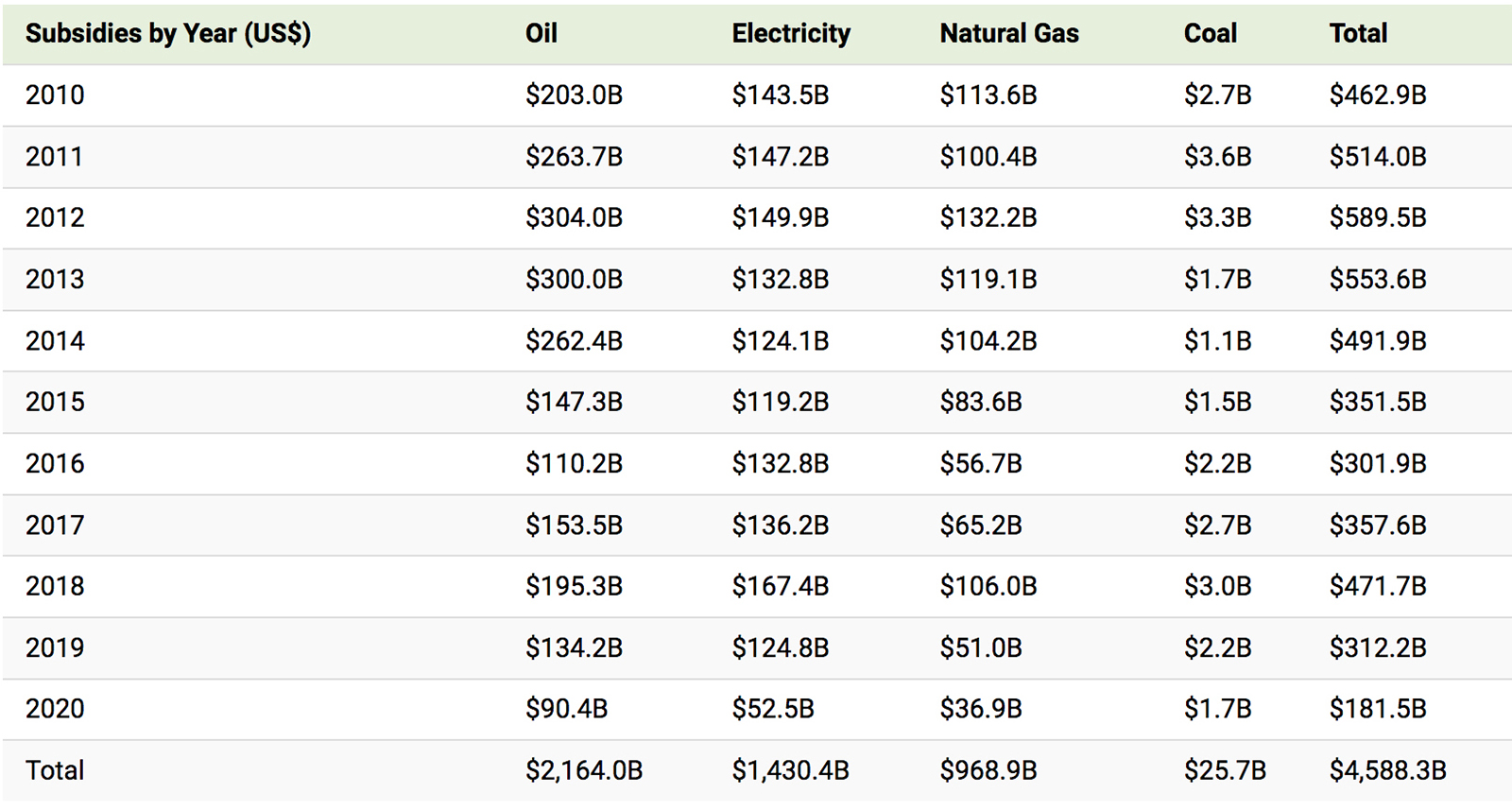
ENERGY
In 2018, Rhode Island consumed 8 billion kilowatt-hours of electricity. Methane (natural gas) generated most of that energy, with much of that electricity produced by Rhode Island’s six in-state power plants. Only about a billion of those kilowatt-hours were generated by renewable energy.
SOLUTIONS
Get off fossil fuels as quickly as possible.
Better support, incentivize, and fund responsible renewable energy projects.
Increase investment in energy efficiency.
Support and incentivize the use of heat pumps, electric vehicles, and electric stoves.
Eliminate fossil fuel subsidies. Fossil fuel subsidies fell to a decade low in 2020 as the pandemic hampered fuel consumption and triggered a plunge in oil prices. After two years of straight declines, however, the International Energy Agency has estimated that governments around the world spent $440 billion on subsidizing fossil fuel consumption in 2021, representing a 142% increase.
Put a price on carbon. Evidence from the 70 national and subnational economies that have put a price on carbon or are about to shows it does not slow economic growth, according to the World Resources Institute. Instead it provides a clear and steady signal for business, industry, and consumers to shift course.
HEALTHY FOOD
A robust Rhode Island food system would support environmental justice and help mitigate climate change. The current corporate-ruled system is collapsing under the weight of global warming.
SOLUTIONS
Protect and preserve farmland.
Better support small- and medium-sized growers.
Encourage the growing of local food.
Support the development of community gardens.
Eliminate food deserts.
Reduce transportation barriers to food access.
Serve more local food in public schools.
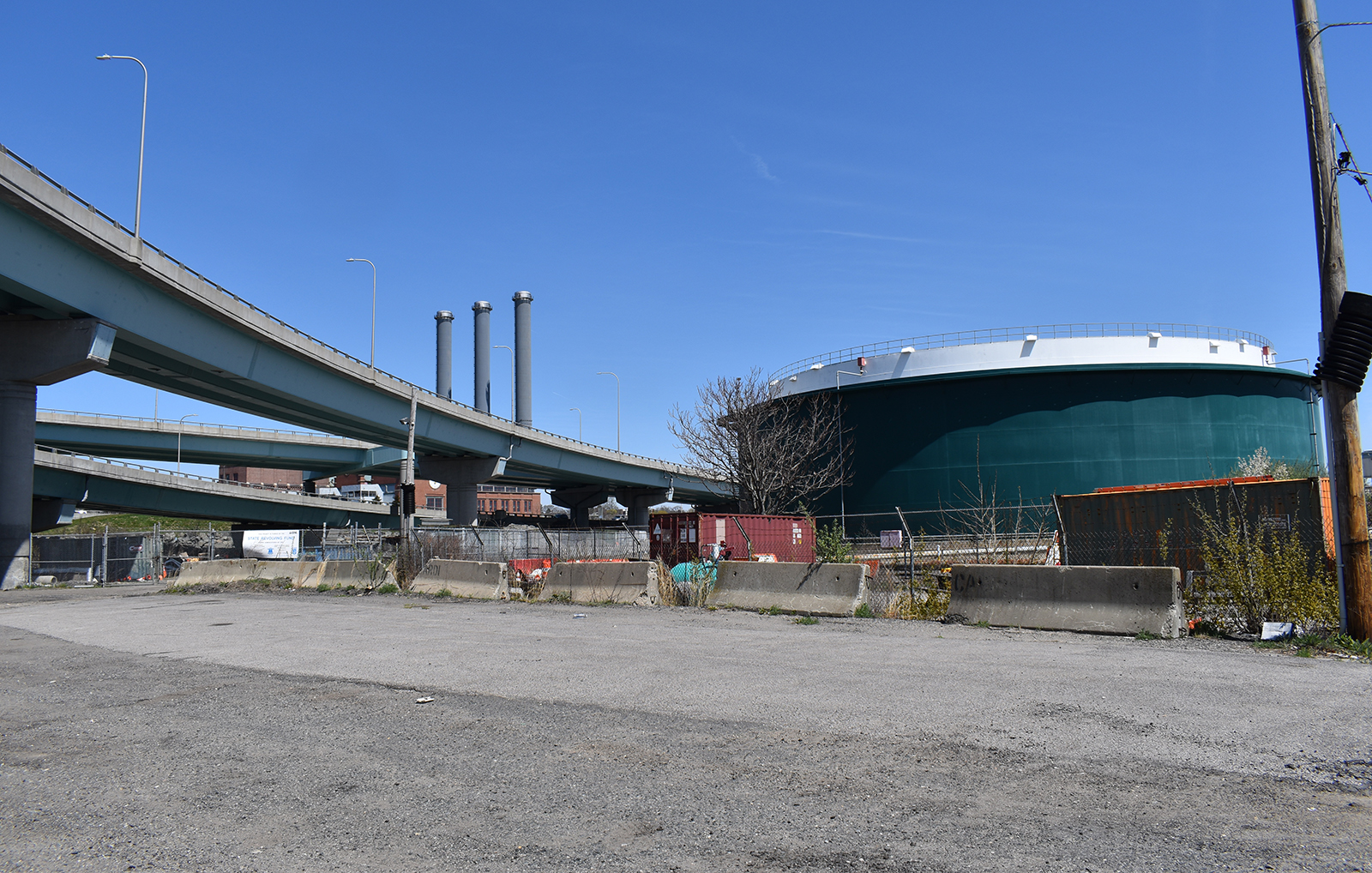
LAND USE
The ownership, management, and abuse of open space and farmland has long unfairly impacted people of color and low-wealth populations. Besides an inequitable access to land, marginalized communities are often surrounded by impervious surfaces and polluting industry. They typically lack trees, parks, and other green space.
SOLUTIONS
Follow the recommendations and policies outlined in the many taxpayer-funded reports commissioned to offer guidance on land use and highlight the importance of open space.
For instance, the state’s Land Use 2025 plan, published in 2006 by the Rhode Island Department of Administration’s Division of Statewide Planning, was created to reflect “the growing realization of the urgency for Rhode Island to plan, develop, and conserve more intelligently.” It was intended “to guide future land use and development.” It challenged “Rhode Islanders to work collectively to design, build, and conserve the State’s communities and landscapes.”
The 2019 The Value of Rhode Island Forests notes that conserving the state’s forests “is a forward-looking and wise investment in Rhode Island’s future.”
“The time to protect them is now before it becomes more expensive in the future or these chances are lost forever,” according to the 133-page report. “The original costs of establishing or setting aside iconic landscapes such as Roger Williams Park, the Scituate Reservoir watershed lands, and the Arcadia Management Area are a small fraction of the funding, resources, and political will that similar projects would require now.”
The report notes forestland safeguards drinking water, filters the air, removes carbon from the atmosphere, protects against the effects of severe weather and climate change, and improves human health.
Plant trees in disenfranchised neighborhoods.
Stop overburdening marginalized communities with polluting industry.
Better protect all green space, as wetlands help control flooding, salt marshes protect infrastructure from storm surge and rising tides, and parks improve human well-being.
LEAD POISONING
Despite substantial improvements in the prevention of childhood lead poisoning and the passage of lead abatement laws, several hundred children in Rhode Island are still poisoned annually. Many of them live in marginalized neighborhoods.
SOLUTIONS
Remove lead hazards, such as lead paint and lead water pipes/infrastructure, from a home before a child is exposed. The Centers for Disease Control and Prevention says this the “most effective way to ensure that children do not experience harmful long-term effects of lead exposure.”
Better enforce existing laws that were designed to prevent lead poisoning.
Require, support and/or incentivize the replacement of private-side lead service lines when the public-side lines are being replaced. More of like what was announced Aug. 15, as Sens. Jack Reed, D-R.I., and Sheldon Whitehouse, D-R.I., joined Providence Water and the Rhode Island Infrastructure Bank to highlight a new $3.3 million earmark they secured for lead pipe replacement funding through the Bipartisan Infrastructure Law. The money will help fund the replacement of private-side lead service lines at no cost to customers.
Pass “Safe Occupancy” ordinances that require landlords to get a certificate for safe occupancy for each dwelling unit before they could rent the space. Cranston City Council member John Donegan has proposed an ordinance that would require landlords to have their units inspected, maintain the units in compliance with state and local housing codes, proof of a Lead Safe Certificate, and pay a $100 fee per unit. The collected fees would be used to create a permanent source of funding to support the development, repair, and rehabilitation of low- and moderate-income housing.

POLLUTION
Born out of anti-toxics and civil rights activism, the term environmental justice emerged to a broader audience in the early 1980s, when thousands of tons of dirt contaminated with polychlorinated biphenyls was dumped at a newly built hazardous waste landfill in a predominantly Black county in North Carolina despite significant community protest.
The insidious scheme, like many before and after it, placed profit over people. Governments and private corporations benefit financially from polluting marginalized communities. The laws meant to protect the residents — often people of color — living in these neighborhoods are often ignored or underenforced. They are civil violations, not criminal.
“Everyone in the state has a right to clean air and clean water, or we should,” Topher Hamblett, director of advocacy and policy for Save The Bay, told a Senate committee in March. “But that is not the case. Some Rhode Island communities — and those are communities of color and communities where there’s intense economic stress — are unfairly carrying the burden of the cumulative impacts of pollution.”
SOLUTIONS
Get off fossil fuels as quickly as possible.
Significantly reduce the manufacturing and use of plastics, most notably of the single-use variety.
Stop treating the most disenfranchised neighborhoods in Rhode Island’s urban core as sacrifice zones.
Better enforcement of state and federal laws designed to hold polluting businesses accountable.
Provide the Rhode Island Department of Environmental Management with the proper staffing and funding to hold polluting businesses accountable.
Stop littering.

TRANSPORTATION
The transportation sector follows a simple reality. The more people use cars, the worse cars work, as more greenhouse gas emissions are emitted and traffic increases. The more people use other forms of transportation — trains, buses, bicycles, scooters, and feet — the better transit works, with reduced climate emissions and safer roadways.
In Rhode Island, the transportation sector accounts for 35% of the state’s carbon emissions.
Rhode Island’s small size provides it with a unique opportunity to move people around more efficiently. Nearly 80 percent of the state’s population already lives within a 10-minute walk of a transit stop, according to John Flaherty, deputy director of Grow Smart Rhode Island.
SOLUTIONS
Don’t eliminate the property tax on cars. Ending the excise tax on cars, or gasoline, just encourages more driving, burns more fossil fuels, and creates more pollution.
As Barry Schiller, a longtime transit advocate and former Rhode Island Public Transit Authority board member, has noted:
“With the first $5,000 of a car’s value already exempt from property taxes, the remaining car tax is one of the few taxes on wealth. Eliminating it would shift the tax burden from those with many vehicles and/or expensive luxury cars to those with older, fewer, or no vehicles at all. From data I saw when on the state’s Transportation Advisory Committee, about 11% of Rhode Island households have no cars at all, and that number was about 22% in Providence. They would get no tax break at all, while the 5% of households with four or more vehicles, the ones that contribute the most to pollution and congestion, would get a big windfall. This is not social justice.”
Establish a new vision for the Rhode Island Department of Transportation and restructure the agency to deliver a 21st-century multimodal transportation network.
Better support RIPTA so it is more efficient and convenient, and change the formula that funds the organization. RIPTA is funded in large part by revenue generated by the state’s gas tax. When gas prices rise and more people want to take public transit, the amount of funding for the agency responsible for providing it decreases. Don’t propose the elimination of beach buses just as the summer heat begins to arrive.
Repeal the state’s no-sales-tax policy on boats that went into effect in 1993 (keep the no-sales-tax on sailboats). Institute a powerboat excise tax. Remove the sales tax on bicycles, canoes, kayaks, scooters, and skateboards.
Implement a statewide strategy that is more aggressive in building bicycle and pedestrian infrastructure in Rhode Island’s 39 cities and towns, like what is planned/being done in Providence and South Kingstown.
Stop expanding highways and prioritizing car culture over all other forms of transportation.
Rhode Island just needs a more unified and well-funded approach to build what the Transit Master Plan, published in December 2020, advocates for: “[P]roviding effective and affordable transportation choices that are supportive of healthy communities, provide access to jobs and services, and promote a sustainable and competitive Rhode Island economy.”
This plan also notes that transportation “must equitably benefit all communities, and must be reconciled with quality of life issues as vital as the air we breathe, the water we drink, and the preservation of our natural and historic heritage and beauty of the natural and built environments. It cannot exist independently of these concerns.”
Another plan, the Clean Transportation and Mobility Innovation Report, published in January 2021, notes the importance of a transit future built “upon core values of innovation, equity, public health, and economic development.”
The report notes that, because the transportation sector is the top contributor of climate emissions in Rhode Island, it is impossible to meet the state’s emission-reduction goal of 80% by 2050 without “aggressively transforming” the way the state moves people about.
Even RIDOT’s latest 10-year transportation plan (2022-2031), the State Transportation Improvement Program (STIP), envisions “a multimodal transportation network that connects people, places, and goods in a safe and resilient manner by providing effective and affordable transportation choices that are supportive of healthy communities, provide access to jobs and services, and promote a sustainable and competitive Rhode Island economy.”
UTILITY SHUTOFFS
Utility shutoffs unfairly punish low-wealth families as those who are better off burn more energy in a time of crisis, exacerbating climate change impacts that disproportionately affect marginalized communities.
SOLUTIONS
Adopt a percentage income payment plan (PIPP) for low-wealth families, which would require Rhode Island Energy to accept payments based on a percentage of a household’s income.
Instead of a PIPP, restructure rates so that every household receives a basic amount of electricity at a low rate and any use above that amount triggers additional costs at a higher rate.
Stop turning off utilities for those in financial crisis.
To view the series, click here.

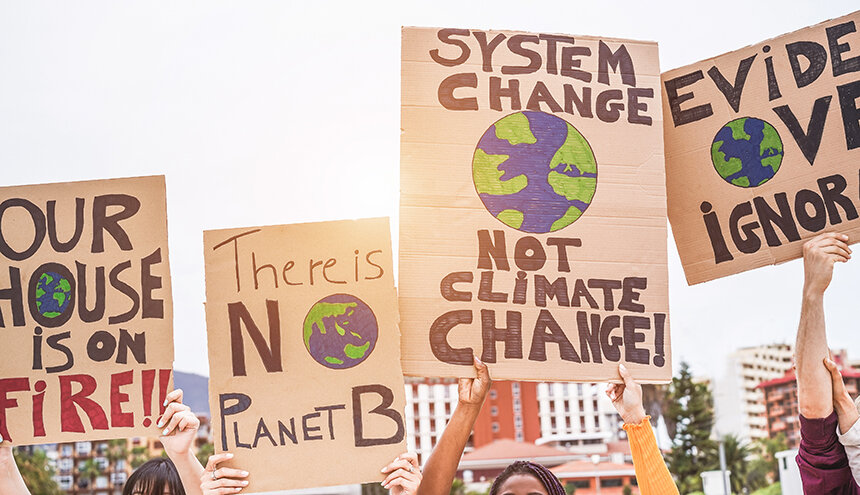
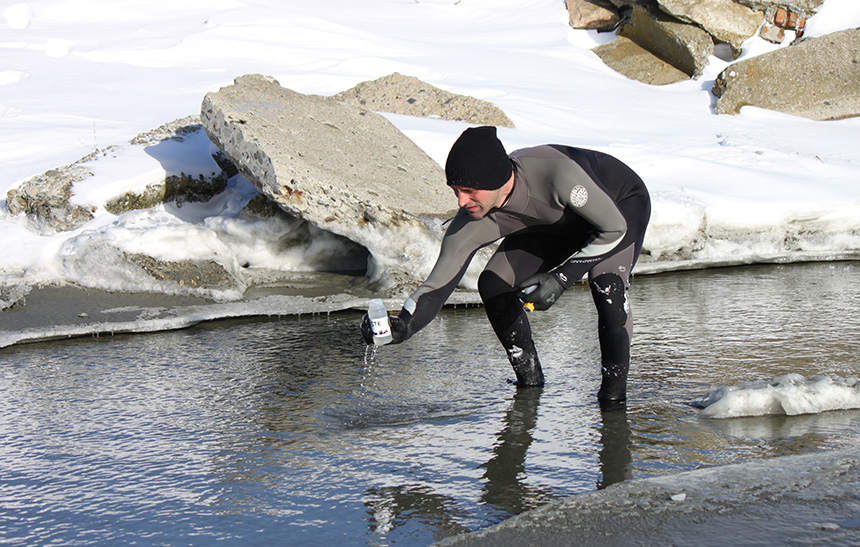
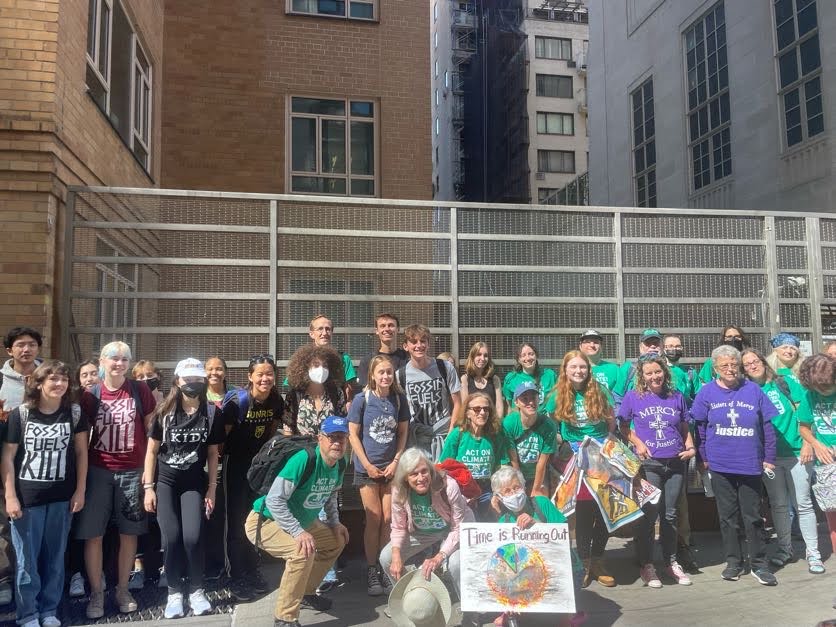
Great series. Hope retakes it to heart
Appreciate the entire series, Frank, especially this last installment. The solutions are so painfully obvious — and inter-related. Tackling elements of one problem area can create a multiplier effect of benefits across the board.
Excellent, eloquent, engaging series, Frank. Hopefully its value will be recognized and those in positions of governmental authority will take note. However… so many inequities, so little time and will to adequately address them. On the positive side, you have made a noteworthy effort to identify the predominant issues and specifics for their rectification. Definitely award winning material that will hopefully be recognized as such.